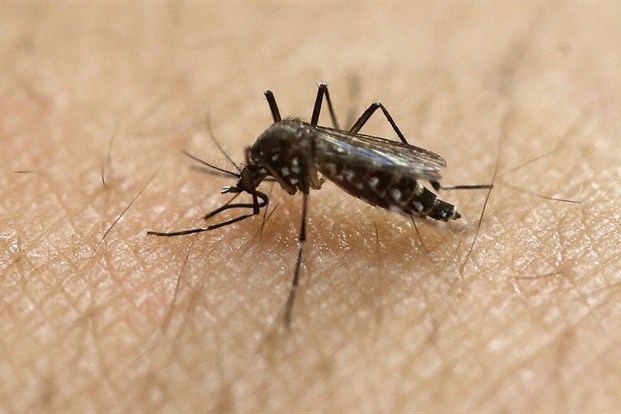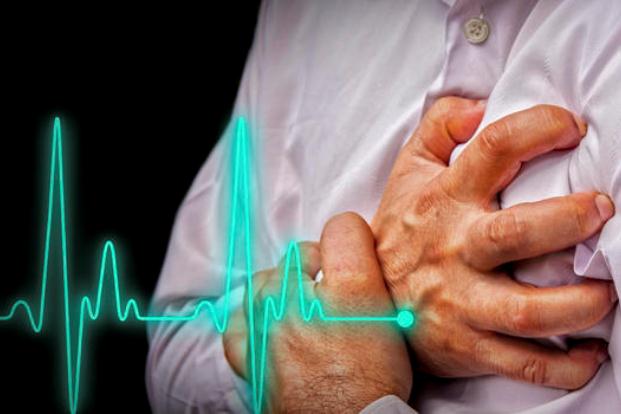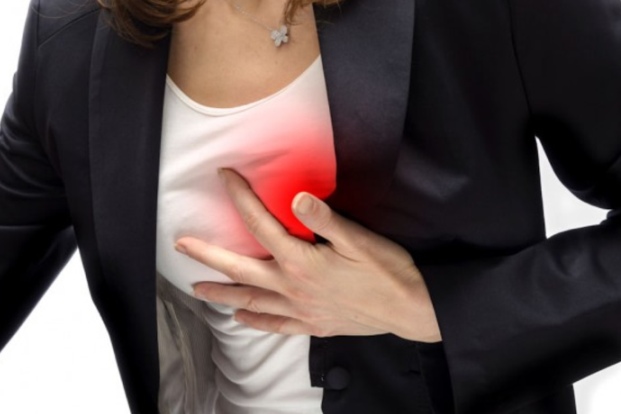Categories
- Bariatric Surgery (11)
- Black Fungus (5)
- Bone Marrow transplant (3)
- Brain Tumor Surgery Navigation Technology (20)
- Cardiac Surgery (66)
- Cardiology (97)
- Computer navigation technology for joint replacements (20)
- Covid Vaccination (17)
- Critical Care (2)
- Dental (19)
- Dermatology (31)
- Dialysis Support Group - “UTSAAH” (11)
- Dietitian (33)
- Emergency Medicine (4)
- Emotional Health (11)
- Endocrinology (33)
- ENT (20)
- Gastroenterology and GI Surgery (53)
- General and Laparoscopic Surgery (21)
- General Surgery (4)
- Gynecology & Obstetrics (183)
- Hematology (20)
- Internal Medicine (294)
- Kidney Transplant (50)
- Kidney Transplantation (20)
- Lung Cancer (8)
- Minimal Invasive Surgery (1)
- Mother & Child (20)
- mucormycosis (5)
- Nephrology (61)
- Neurology (147)
- Neurosurgery (68)
- Nutrition and Dietetics (107)
- Omicron Variant (1)
- Oncology (288)
- Ophthalmology (10)
- Orthopaedics & Joint Replacement (86)
- Paediatrics (59)
- Pediatric Nephrology (3)
- Physiotherapy (5)
- Plastic & Reconstructive Surgery (6)
- Psychiatry and Psychology (90)
- Psychologist (28)
- Pulmonology (72)
- Rheumatology (13)
- Spine Services (21)
- Transradial Angioplasty (16)
- Urology (84)
Query Form
Posted on Apr 19, 2022
How do Mosquito spread Diseases ?
Common Diseases spread by mosquitoes are Malaria, Filaria, Viral Encephalitis (e.g. Japanese encephalitis), Viral Fevers (e.g. Dengue, West Nile, Viral Haemorrhagic Fevers (eg., Yellow Fever, Dengue Haemorrhagic Fever). They are often spread disease by biological transmission when the disease agent multiplies or undergoes some developmental change with or without multiplication in the arthropod host, it is called biological transmission. This may be of three types:
- Propagative: When the disease agent undergoes no cyclical change but multiplies in the body of the vector, transmission is said to be propagative, e.g. plague bacilli in rat fleas
- Cyclopropagative: The disease agent undergoes cyclical change, and multiplies in the body of the arthropod, e.g. malaria parasite in anopheline mosquito
- Cyclo-developmental: When the disease agent undergoes cyclical change but does not multiply in the body of the arthropod, e.g. filarial parasite in Culex mosquito and guinea worm embryo in Cyclops.

In communicable disease terminology, the word vector means an “arthropod or another invertebrate which transmits infection by inoculation into or through the skin or mucous membrane by biting, or by deposit of infective materials on the skin or on food or other objects”. The period of the necessary for the development of the disease agent in the arthropod host is called extrinsic incubation period. For example, the extrinsic incubation periods in malaria and filarial are from 10 to 14 days or longer depending upon the environmental temperature. The host in which the sexual cycle of the agent occurs is called the definitive host, e.g., the mosquito is the definitive host in malaria. The host in which the sexual cycle of the agent occurs is called the intermediate host e.g. mosquito in filarial and Cyclops in guinea-worm disease. By infestation is meant the lodgement, development, and reproduction of arthropods o the surface of the body or in the clothing e.g., louse infestation.



